
OR
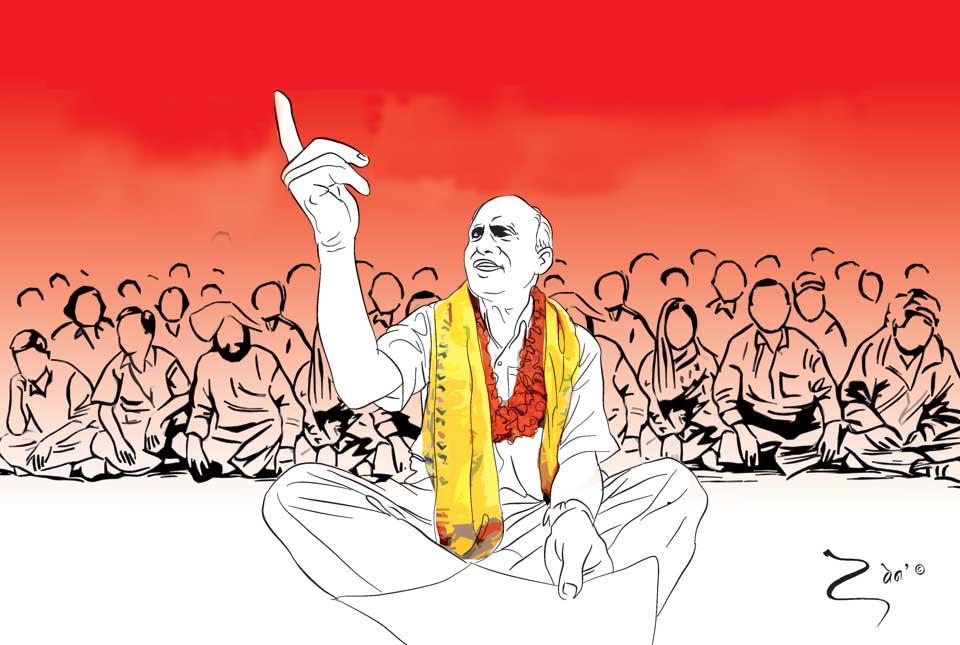
More from Author
The voice for reforms in judiciary that Dr Govinda KC is raising would not be construed as contempt of court in any liberal democracy
Let us be clear from first. What Dr Govinda KC has been bringing to the fore through his intermittent protests over last one decade is not just a ‘freak’ incident involving one ‘eccentric’ person, as some tend to take it.
It resonates with growing public outrage over institutionalized corruption in Nepal, which has been building up under the cover of constructive political transition.
The chief justice of the Supreme Court may be on the focus at this point given the recent turn of events, but the truth is ordinary Nepalis have lost trust in objectivity of the so-called autonomous institutions including in country’s constitutional bodies. The rot is so pervasive and entrenched that even die-hard supporters of Dr KC would agree that we won’t be able to see light at the end of dark tunnel despite winning one or two moral battles. This is certainly not good for a nascent republic.
Yet, let us not forget that every new republic in the world has undergone this phenomenon at every stage of its formation. Rosa Parks, an ordinary black woman before she became the civil rights activist in the US, had refused to vacate her seat in the ‘colored’ section to the white passenger in 1955 in Alabama, even as the country had become the republic in 1776.
This particular act of Rosa Parks sparked civil rights movement across America. The movement finally resulted in guarantee of voting rights to people of color. Anna Hazare, an ordinary citizen of India born before the country’s independence, has continued his struggle for broader reforms in Indian republic, even after 70 years of its formation.
Nepotism,
favoritism, political appointments
and crony capitalism
are root cause
of institutionalized corruption.
Thus we in Nepal must not lose hope. Democracy offers a chance for self-correction. But for that civil society must remain vigilant all the time. Dr KC is one such member of Nepali civil society who is leading the fight for reforms that other republics of the world have already gone through.
Right to question
The voice for reforms in judiciary that Dr KC is raising would not be construed as contempt of court in any liberal democracy. The court is free to take its own stand on this issue, but in the eyes of average citizens of Nepal, Dr KC certainly is not in contempt. His outbursts have only one larger goal: To reinstate people’s trust in the Supreme Court and to make this highest body of justice system truly honorable.
Let’s examine the term ‘contempt of court’ to understand its origins and applicability. The whole idea of ‘contempt’ is based on the premise that certain part of the society has no right to raise their voice against the ruling elites. The practice originates from the royal and imperial days, when the people were not considered as ‘citizens’ but as ‘subjects’ or ‘slaves’.
The Kings and Emperors themselves used to deliver justice, and the subjects had to obey their orders without questioning. Then the time came when Kings and Emperors became too busy and delegated the authority of administering justice to their aristocratic designees. These designees were the appointees of the Kings and Emperors and therefore had to be obeyed just like the Kings and Emperors. Anyone who spoke against them was held in contempt, and punished severely, in many a case in full public view, in order to ensure obedience.
People are masters
Tables have turned today. People are sovereign. They are the masters. The first line of our constitution recognizes that. The organs of the state, no matter how significant, and the people in those organs who are carrying out executive, legislative and judiciary functions are mere servants of the people.
Thus in a democracy, people as the masters can hold to account their servants including the prime minister, ministers, civil servants, members of legislative bodies and judges when they feel that they are not working for the greater good of the people and the country. It is, therefore, incumbent upon the state institutions to behave in such ways that people continue to honor them.
There is no unconditional guarantee of honor to those institutions and those in driving seats of those institutions. They must continue to earn it with hard work, integrity, transparency and accountability.
Ordinary citizens want the state organs to remain honorable and deliver on their stipulated duties. The failure of the state organs, their functionaries and the resulting outrage and protests of the ordinary citizens cannot be construed as contempt without understanding the context and purpose of that outrage.
That said, we must be cognizant of the fact that we as citizens will have to fight several more battles, preferably peacefully, to make our republic work for common citizens. The struggle starts with weeding out problem of institutionalized corruption from its very root.
Dr KC has brought out the rot in medical education and administration to a public view in a brilliant manner. He has the perseverance and moral strength to fight to uproot these ills. And yet, we must also recognize that institutionalized corruption is not limited to one sector. Nepotism, favoritism, political appointments and crony capitalism are the root cause of institutionalized corruption. We cannot simply fight to remove the symptoms. We must diagnose the disease and root it out. Unless the citizens do that, no constitution could ever deliver on its promise. Prosperity and general wellbeing will remain just a dream. Politicians and demagogues will keep vicious cycle going on forever.
Learn from history
Those who do not know the history’s mistakes are doomed to repeat them, goes the popular saying. Most revolutions for democracy and republican order in Europe and North America met with setbacks in their formative years, some for a long time.
Most republics needed multiple calibrations—many a complete overhaul before they became workable. From 1792 to 1954, France, one of the first republics of the world, had to undergo so many upheavals. The present day France is the fifth version of the republic.
From Weimar Republic in 1919 to United Germany in 1990, Germany too saw several versions of the republic. Only two years after United States brought into force its constitution ten major amendments were introduced in 1791 in order to protect civil rights, popularly named Bill of Rights. The list goes on.
The constitution we have must be implemented in good spirit. The civil society must remain on guard watching if in its current form it can effectively deliver on the aspirations of common citizens. If it cannot, we should all be open for making necessary changes.
Republic of Nepal is sacrosanct, its constitution is not. Civil society and its representatives like Dr Govinda KC have every right to question the efficacy of constitution and its functionaries including the judges. Eternal vigilance is the price of liberty.
The author is the former prime minister and the coordinator of Naya Shakti Party Nepal Twitter: @brb1954
You May Like This

The darkness, the devil and the struggle
The path was dark but I third my way, My heart pumped, my legs trembled, and my body shaken, Nightmare... Read More...

Provincial governments struggle to expand cabinet
KATHMANDU, Feb 27: Most of the provincial governments are still struggling to expand their council of ministers to give full shape... Read More...
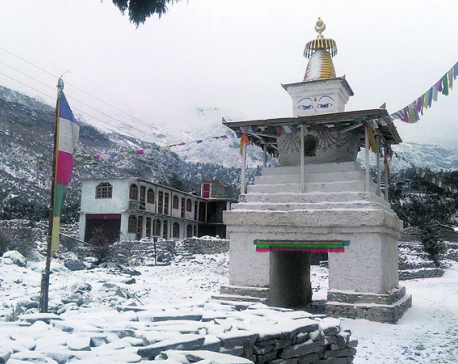
Earthquake victims struggle amid severe cold
GORKHA, Jan 2: Life of earthquake victims in Gorkha has been hit by the increasing cold. On Sunday, several villages in... Read More...


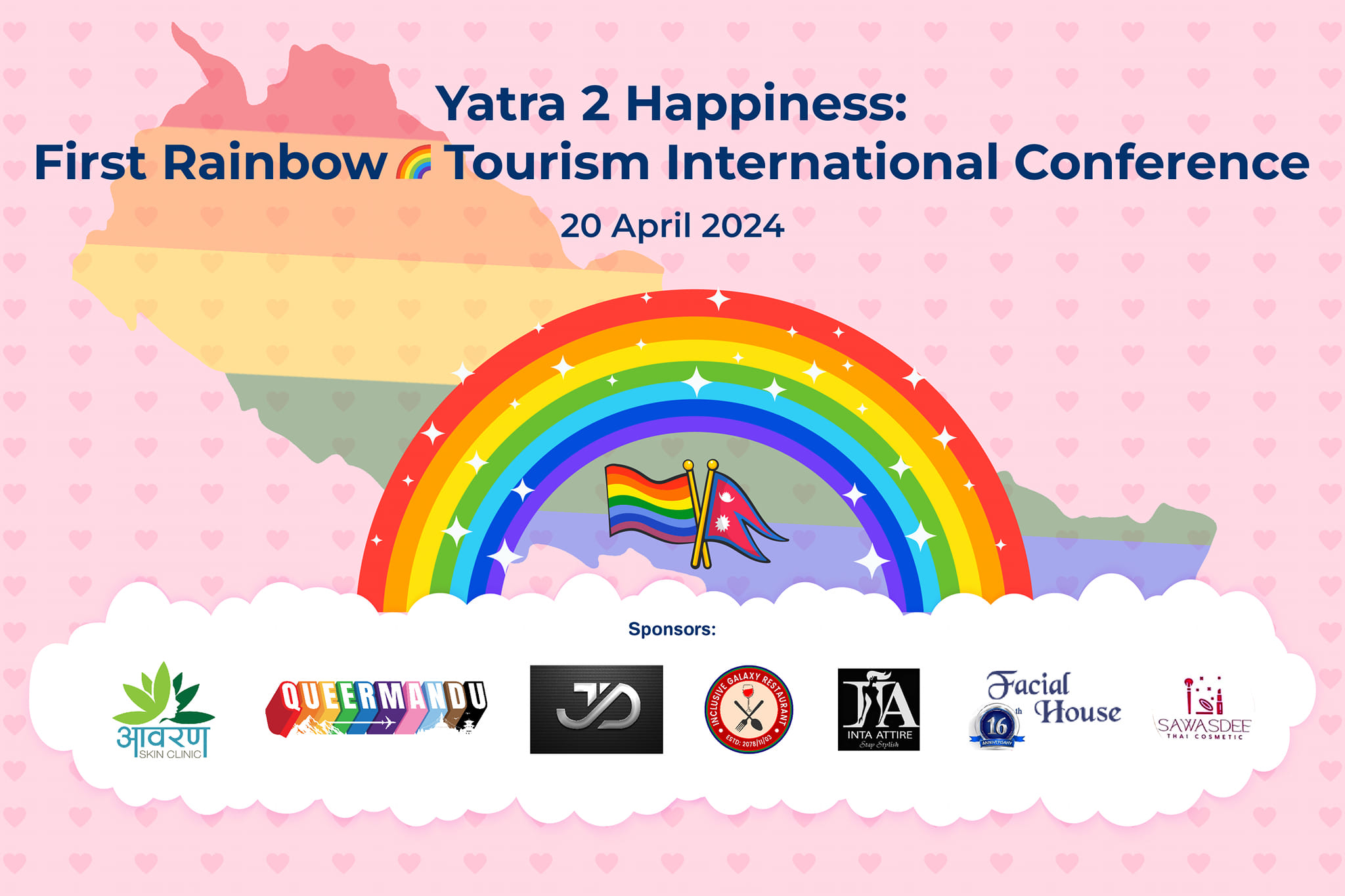
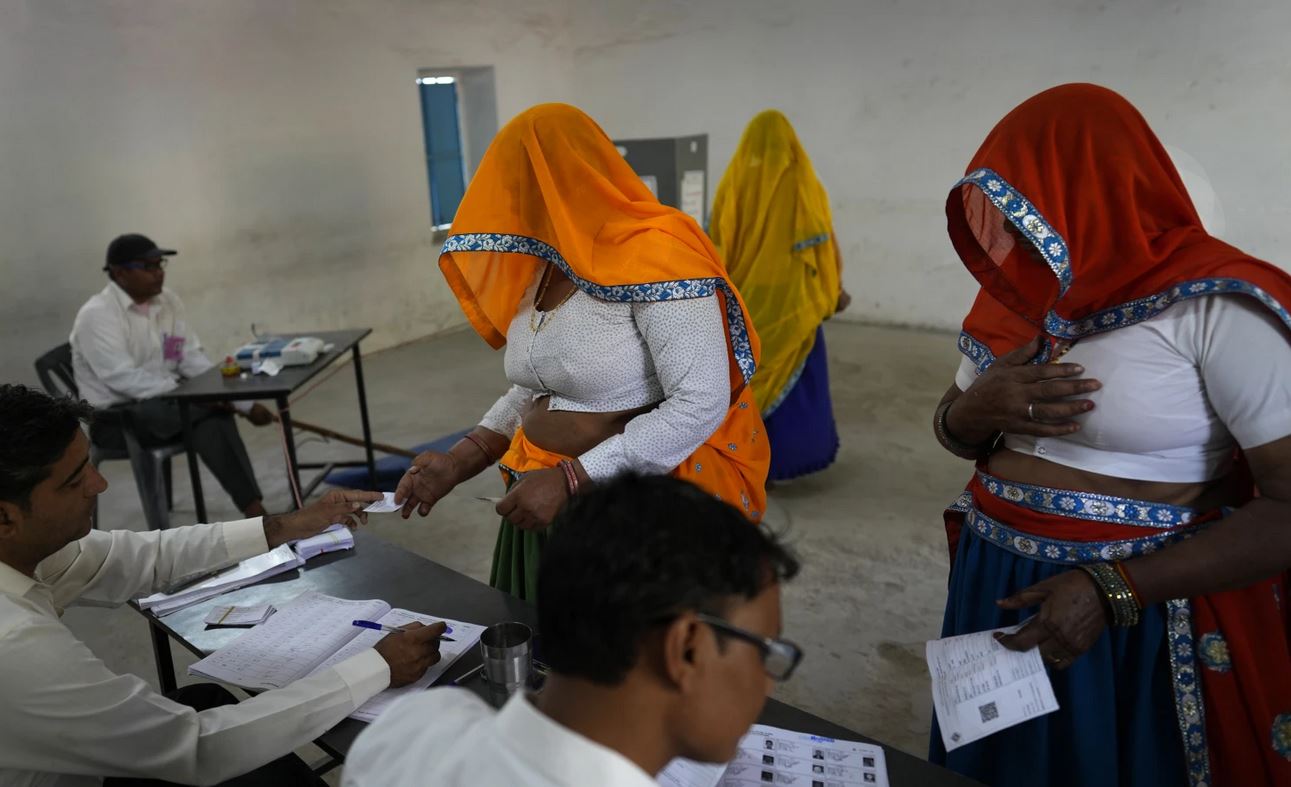

Just In
- NEPSE lost 53.16 points, while investors lost Rs 85 billion from shares trading last week
- Rainbow tourism int'l conference kicks off
- Over 200,000 devotees throng Maha Kumbha Mela at Barahakshetra
- Indians vote in the first phase of the world’s largest election as Modi seeks a third term
- Kushal Dixit selected for London Marathon
- Nepal faces Hong Kong today for ACC Emerging Teams Asia Cup
- 286 new industries registered in Nepal in first nine months of current FY, attracting Rs 165 billion investment
- UML's National Convention Representatives Council meeting today



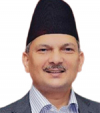



_20220508065243.jpg)



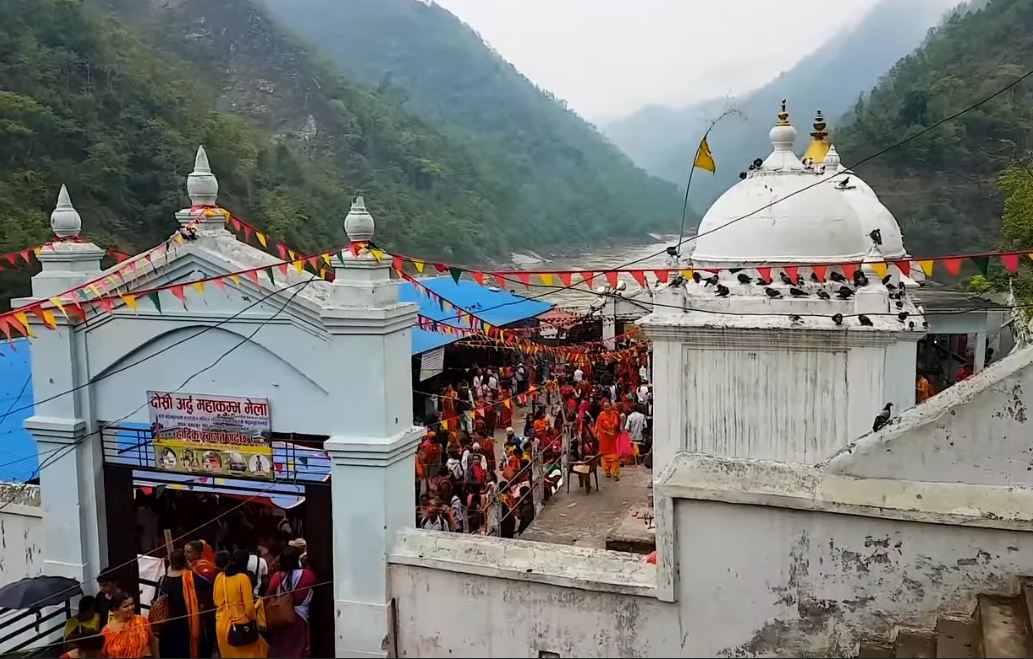


Leave A Comment